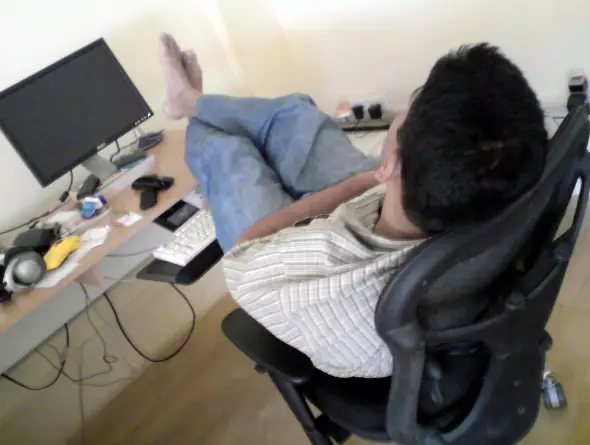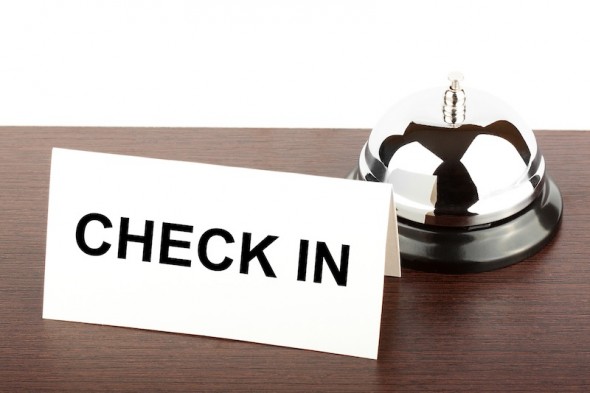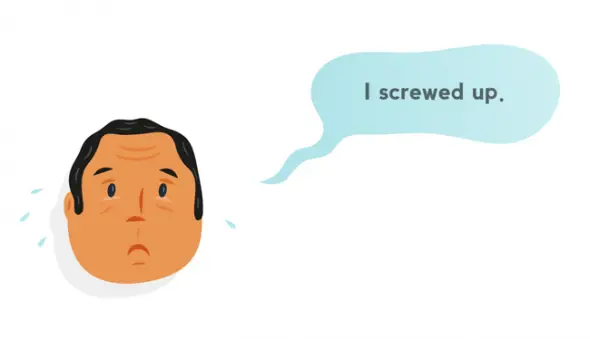In all the years (almost a decade) I’ve been freelancing, I think I have taken on every possible gig out there – from content writing to product description writing to blogging to magazine writing to ad writing to coordinating/managing other freelancers. I’d like to say I have had my fair share of experience, and lately, I’ve been interacting with some people who hire freelancers.
Sad to say, it seems that a common thread in the different conversations I have had is that freelancers are not always the best people to work with. Being a freelancer myself, those conversations made me think about bad freelancer habits.
I have worked with some of the best people I know, but I also have to admit that the “complaints” I’ve heard about freelancers have some basis. I might even be guilty of some now and then.
So, as much as this post may get irritating, annoying, or whatever negative description you can think of, I think it’s important to take a look at some habits that give freelancers a bad name. Maybe it can serve as a wake up call, or at least give you a heads up.
Not answering emails
For sure, there is always more in your Inbox than you can handle on a daily basis. At the end of the day, however, not answering emails only makes you look bad. For one, it’s rude not to acknowledge an email – even if only to say you’ve received it.
Not answering emails also makes you look inefficient. If you can’t handle your clients’ emails, how can you deliver good work?
That’s not to say you should answer every single email that comes in. There are some tricks that can help you manage an overflowing Inbox.
- Set aside a specific period during the day when you will do nothing but read/reply to emails. Stick to this schedule.
- Set filters so that unimportant email immediately go to a folder and not clutter your Inbox.
- Use tools such as Boomerang, which resends emails at specified times back to your Inbox. If you need to follow up or answer an email at a later time, this tool will ensure you don’t forget it.
Not checking in voluntarily
When you have a client, it is important that you communicate on a regular basis. While some clients initiate the contact, some don’t, although they wait for you to check in yourself. If your client/s fall under the second group, then you have to initiate contact yourself. Even if it’s only to let them know at what stage you’re in, it is good practice to keep your client/s in the loop. Here’s an even more in-depth article on why checking in is important.
Ignoring input from editors/clients
If you work for a blog network, or a similar setup, then you know that editors are there for a reason. They give feedback and expect to hear your thoughts about what they have said. The same thing goes for your clients. When you receive input, make sure that you take it in. If you do not agree, then say so. If you agree, acknowledge. What’s important is that you let the people know that you have received their feedback. Silence on your part can only make you look bad.
Over-promising and under-delivering
I think it’s safe to say that we’ve all been guilty of this at one point or another. It is very easy to say that you can do this and that, finish the project within x days, and so on; only to have one emergency after another come up. Sometimes, no emergency is needed – over-committing to projects simply results in under-delivering.
It’s tempting to take on as many projects as you want, but always remember that you have your limits; and as much as you want to earn more, it is important that you realize that taking on more and not being able to deliver will only damage your credibility and may impact your future earnings.
Dropping off the radar
Sometimes, this is the result of not being able to deliver. Some people just can’t face the music and disappear. Sometimes, there are valid reasons – health or personal emergencies, for example.
Whatever the case may be, dropping off the radar and completely ignoring your client and/or editor is NOT the way to go. If you disappear for a short period of time for whatever reason, make sure that you pick up contact again as soon as you can. In most cases, clients will understand. Worst case – they might have hired someone else, but at least you show that you just didn’t disappear without an explanation; and that may lead to future work.
So are freelancers really difficult to work with?
I am always careful when it comes to generalizations, but if a good number of us exhibit the behaviors above, then clients can’t be blamed for thinking that freelancers are a difficult bunch. My challenge to you is this: prove them wrong.
Thoughts? Reactions? Comments? I’d love to hear them!
If you need help getting organized:




Leave a Reply